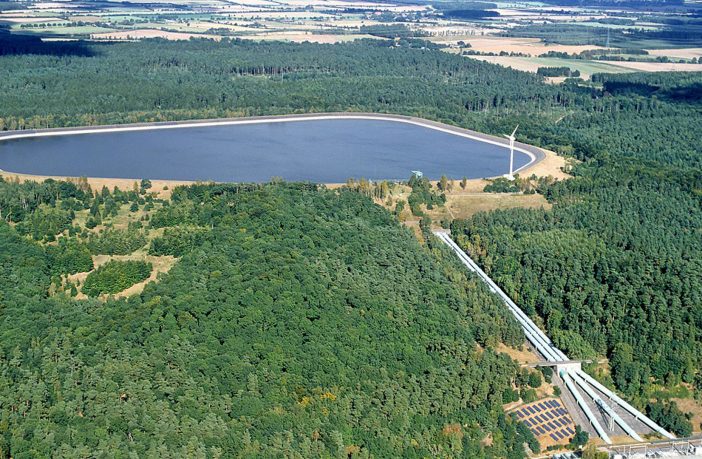- Swedish owned Ngonyezi Projects has entered into a non-consumptive water use agreement with Zimbabwe National Water Authority.
- The purpose of the agreement is to install a combination of 2,000MWh Pumped Storage Hydro (PSH) and 300MW solar PV.
- The location of the installation is Osborne Dam on the Odzi river in Manicaland Province.
Storage is an essential part of a renewable energy strategy and it is recommended that 30% of the installed solar PV should be supported by storage, says Tomas Persson, initiator of the project.
Ngonyezi Projects notes that in Zimbabwe there is average 8.5h peak price per day.
In terms of the design, the project is anticipated that a 300MW solar PV will require 500 ha of surface of dam, for solar panels.
The dam water will cool the panels, which gives higher efficiency and the panels covering the surface water reduces algae growth and evaporation – less 20 million m3/y of evaporation

PSH currently dominates total installed storage power capacity, with 96% of the total of 176GW installed globally in mid-2017.
The other electricity storage technologies already in significant use around the world include thermal storage, with 3.3GW (1.9%); batteries, with 1.9GW (1.1%) and other mechanical storage with 1.6GW (0.9%).
Author: Babalwa Bungane
This article was originally published on ESI Africa and is republished with permission with minor editorial changes.











